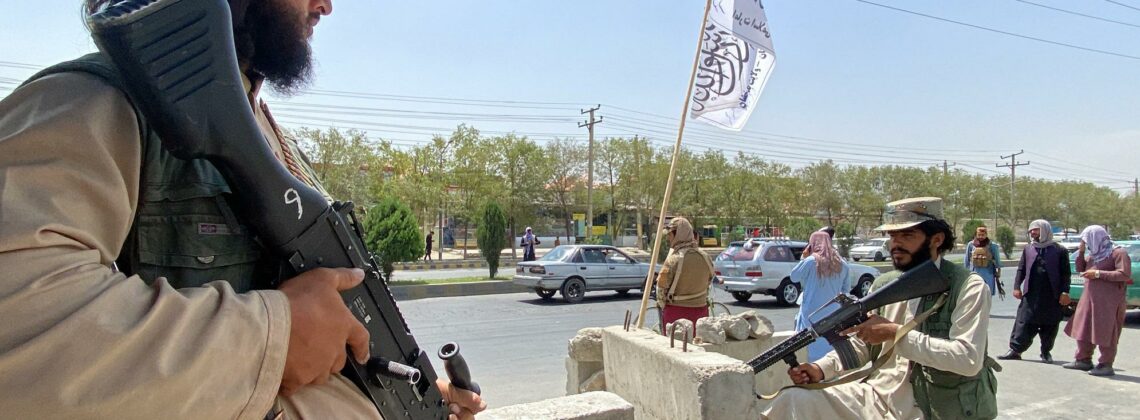
The difficult relationship between “a dying world” and Islamic fundamentalism
by Marco Invernizzi
This is the question I ask myself when I read many articles in the newspapers these days, written by intellectuals and politicians. The recurring thesis is that the withdrawal of Western troops from Afghanistan represented a total betrayal of all the values of Western civilization.
Nevertheless, let us try to understand better. What would Western civilization be? The civilization built up progressively, by centuries of evangelization after the first three centuries of persecution, the civilization of Dante and cathedrals, of holy kings and great theologians, of free communes and concrete liberties, or the Western civilization born from the French Revolution of 1789 and then spread in Europe through Napoleon’s army, the civilization of individualism and ideologies, of abortion and gender, which through a long process of de-Christianization has reduced Christianity to a private affair and put the Church on the margins of the West?
For which of these two civilizations were Western soldiers in Afghanistan? It is a difficult dilemma that penetrates deep into the heart and questions every serious person who believes in the existence of fundamental principles without which one cannot live.
These principles are not Western, but universal, present in every man, whose reason is able to recognize them. The West has recognized them and has brought them to the top of social relations with the Revelation of Christ, building around them a civilization that has been destroyed with the various ideological revolutions of modernity. There is almost nothing left of Christian civilization and its values in the West today, except for a few signs and a few small circles of persons that continue to refer to it, mostly linked to living experiences born within the Catholic Church.
Moreover, Afghanistan is an Islamic country. In the name of what was it possible, twenty years ago, to fight the Islamic fundamentalism of the Taliban in that country and thus offer an alternative to the Afghan people?
In 2001, the West suffered an attack by Islamic terrorism in the heart of the USA. All the Western countries reacted by organizing a coalition that went to Afghanistan to eradicate the terrorist presence of Al-Qaeda in that place, from which the terrorist acts had originated. At stake was one of the values on which Western civilization had grown: freedom, and precisely religious freedom, which the Taliban rejected by imposing on a people a fundamentalist vision of Islam. Christianity, but also right reason, teaches that faith, whatever it may be, cannot be imposed, but is offered to the freedom of individuals and peoples.
However, the same West that intervened in Afghanistan to defend a value, denied in its societies many other principles, as basic as those it was defending against the Taliban, such as the sacredness of life, the centrality of the family, sexual difference as the basis of the marriage community.
A West in full and flagrant contradiction, which in fact has punctually broken out. Why continue to defend abroad a piece of that truth that on other aspects is contradicted at home? Moreover, what to offer or guarantee to the Afghan people: freedom from the imposition of a religion in exchange for the freedom to eliminate innocent life, freedom from “familism” to replace it with the abolition of the family?
In the end, the contradiction did not hold. One must believe in something greater than earthly life to sacrifice it in the name of solidarity. Solidarity that in this case should have been the love for a distant and very different people, but deserving of the freedom not to suffer an ideological imposition, violent and against nature. But here values become life, they are embodied and must all be present and respected so that there are men willing to sacrifice their lives for them. And this West, frankly, is no longer able to do it, because it lacks the fundamental premises.
All this should not be taken as a gesture of despair, but as an invitation to realism. If the West wants to become again a headlight for the world, not to impose its own civilization, but to defend the universal principles written in the nature of every man, it knows where to go to recover, in its own history, the reasons that it has lost along the way.
Wednesday, August 18, 2021
